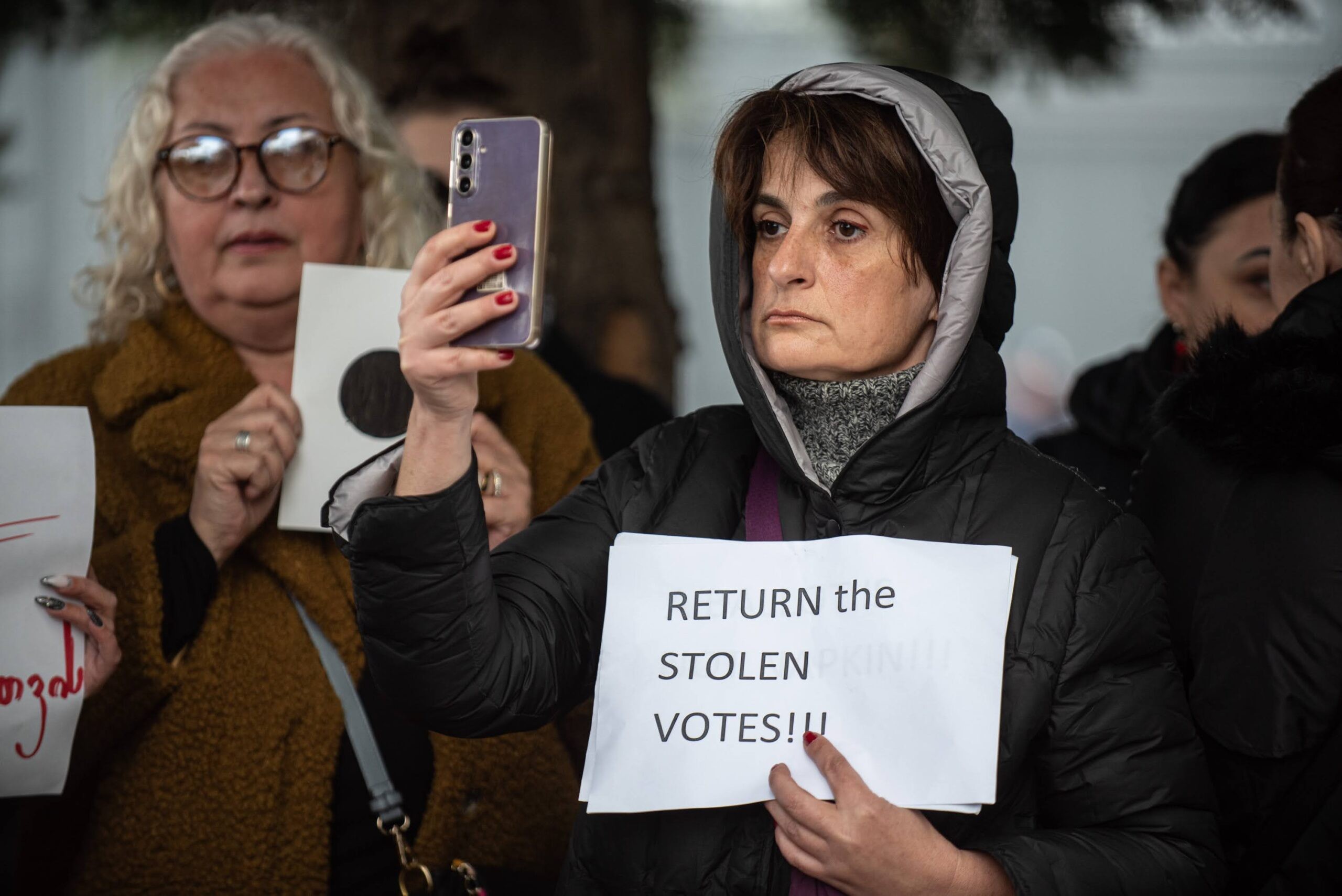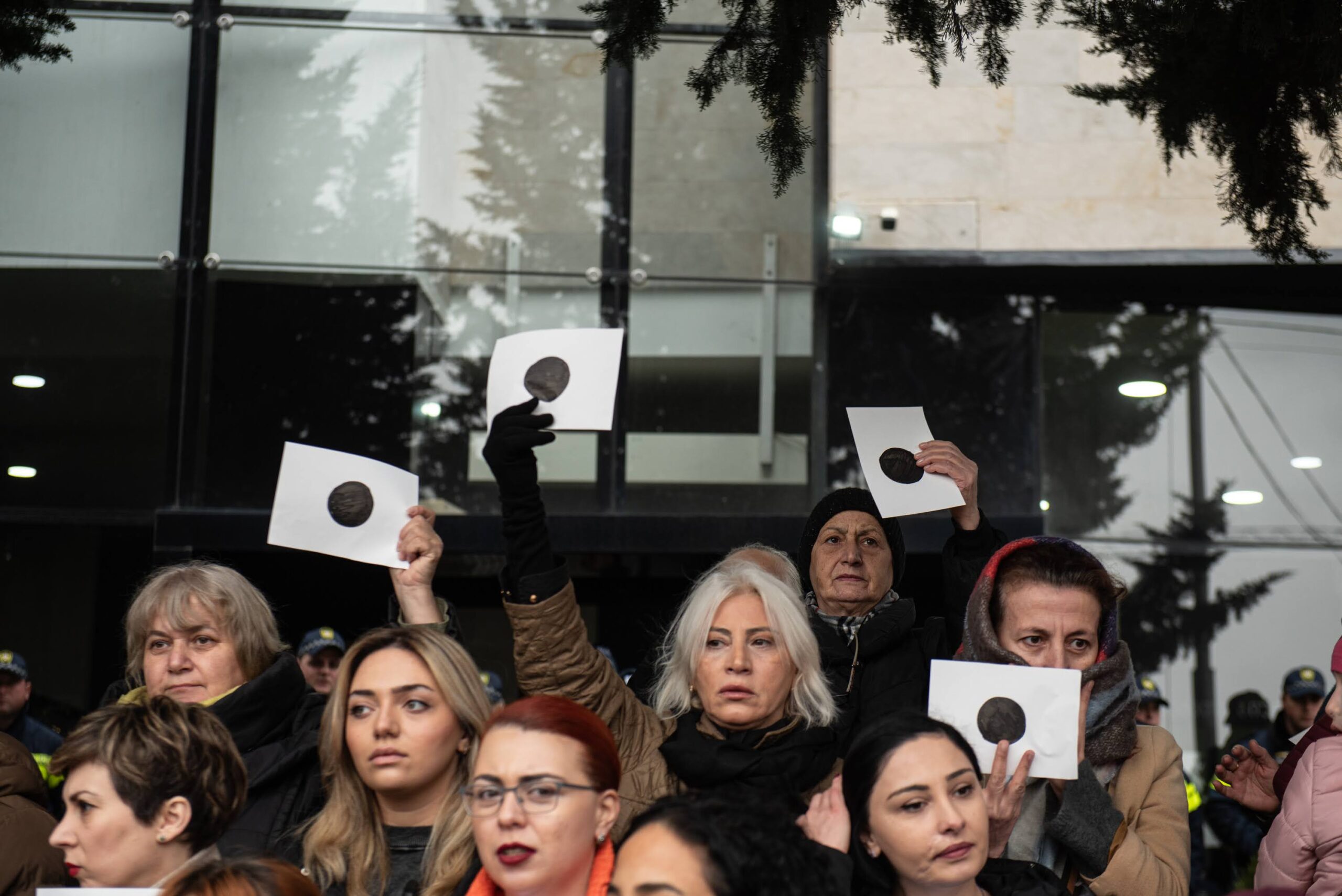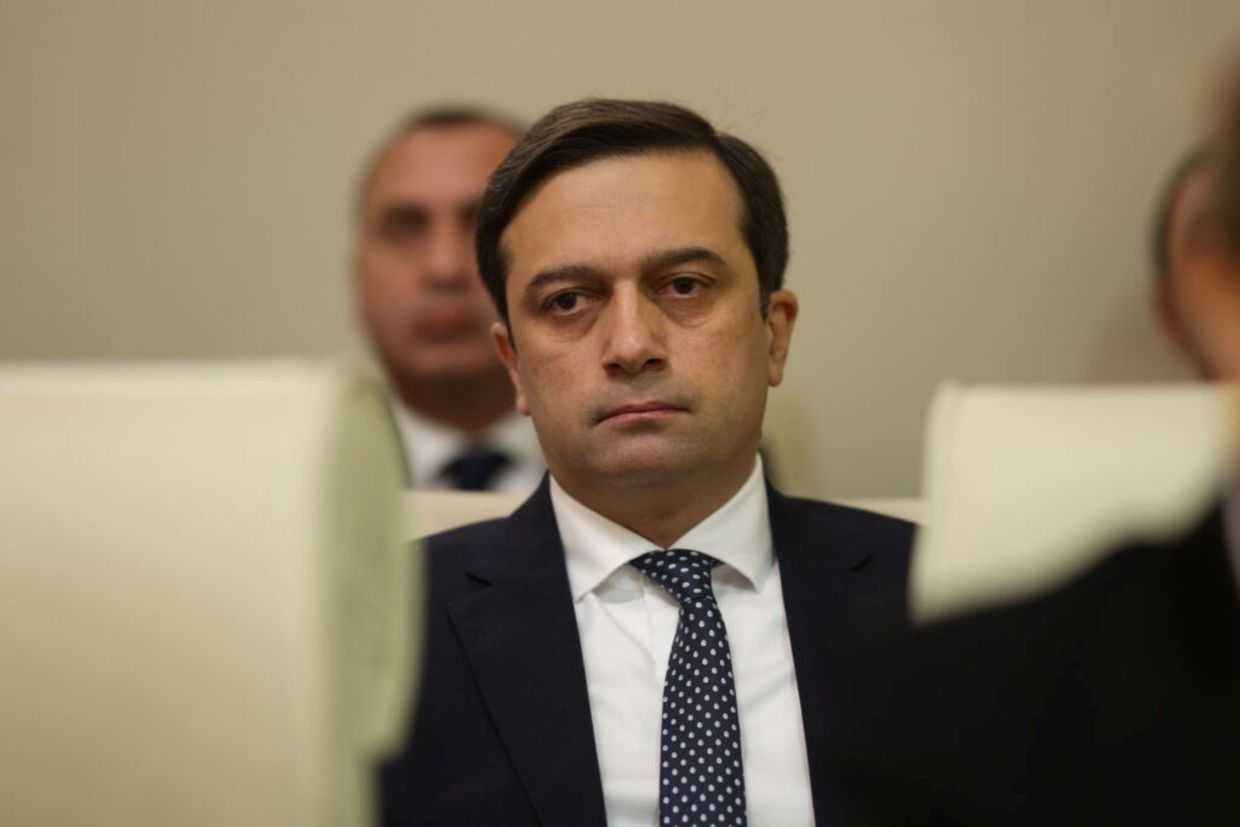Tbilisi court fast-tracks, dismisses lawsuits as election certification nears

Georgian courts have continued to fast-track and dismiss lawsuits alleging vote irregularities during last month’s parliamentary elections ahead of the certification by the Central Election Commission (CEC) of the final results expected later this month.
On Wednesday, Tbilisi City Court Judge Iveri Abashidze dismissed petitions to annul the results from the district electoral commissions on 26 October’s parliamentary elections.
The complaints were brought forward by opposition groups Unity — National Movement, Strong Georgia, and the civil rights group the Georgian Young Lawyers’ Association (GYLA).
Before delivering the ruling, Tbilisi City Court combined the cases citing similarities between them.
Earlier this month, the Tbilisi Court of Appeals employed a similar approach, consolidating 26 legal appeals alleging widespread voting irregularities into a single case, only to then dismiss it.
Critics widely viewed the combining of cases to be an effort by judicial authorities aligned with the government to prevent any independent-minded judges to go against the government, after the Tetritskaro District Court annulled the results from around 30 precincts in Georgia’s southern municipalities of Tsalka and Tetritskaro.
[Read more: Appeals court rules that voter secrecy was not violated in Georgian elections]
In total, as Netgazeti reported, the court ultimately rejected 11 petitions submitted by the plaintiffs — including GYLA’s motion opposing the consolidation of the three cases — effectively siding with the Central Election Commission (CEC) and its lawyer, Giorgi Santuriani, in each instance.
Among others, Judge Abashidze denied motions to summon dozens of witnesses, including electoral precinct commission members, their technical staff, auditors who approved the voting machines, and independent experts to testify, as well as motions that would oblige the CEC to hand over the delivery and receipt records of markers and papers procured and used for ballots.
Before the ruling was delivered on 13 November, Tina Bokuchava and Tamar Kordzaia from the opposition Unity — National Movement, accused the CEC of replacing ‘branded Smartmatic markers’ with unbranded ones, which the CEC denied later that day.
Civil rights groups reported significant amounts of both procedural irregularities during the 26 October vote as well as technical issues, such as the quality of ballot papers and markers.

Consequently, a black dot has recently emerged as a key symbol in post-election protests, in an effort to highlight breaches in ballot secrecy. It has symbolised how voters’ choices — marked by filling in a circle on their ballots with their preferred selection — were often visible on the reverse side when fed into vote-counting machines, thereby compromising the constitutionally guaranteed confidentiality of the vote.
Amid recurring street protests and multiple legal challenges to the election, which the CEC is set to summarise and certify later this month, the Prosecutor’s Office continues to investigate allegations of voting irregularities.
The investigating authorities, however, have sparked strong scepticism after their office began summoning outspoken political figures regarding election irregularities, rather than those accused of involvement, even going so far as to seek to question the country’s president, Salome Zourabichvili.
On 14 November, the opposition For Georgia’s chair, Giorgi Gakharia, claimed that his fears had been confirmed, asserting that the government planned to use the official investigation solely as a pretext to ‘seize’ voting machines as potential evidence of fraud.
Further protests demanding a redo of the vote are planned for 15 November in the western city of Batumi as well as on Friday and Sunday in Tbilisi.









